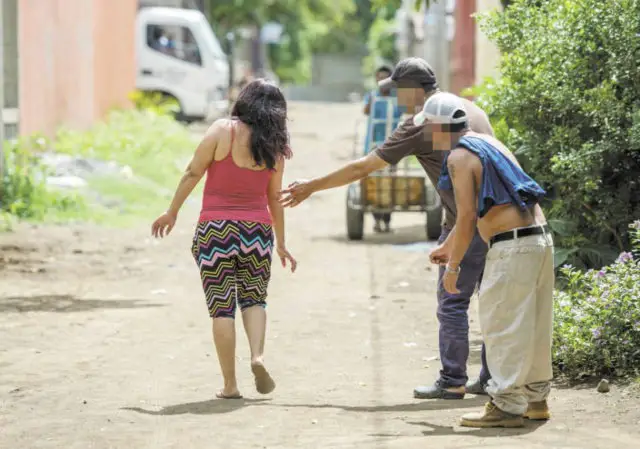
Street sexual harassment will be punished with fines and prison terms in Costa Rica. This was finally approved by a unanimous vote of the 48 deputies from the Legislative Assembly. The minimum penalty would be a 15-30 day fine, while the maximum would be up to three years in prison, when the act of harassment results in audiovisual materials transmitted, sent, or shown without authorization.
The new law, which will enter into force once it is signed and published by the Executive Branch, and defines as street harassment the conduct of any person who “pronounces, directs or executes, acts of sexual connotation on another person, without their consent; be it words, noises, whistles, gasps, moans, or gestures”.
The bill, which was processed under file 20,299, had been sent to constitutional consultation by 12 deputies, who claimed that the text would allow people to be accused “unfairly”. Finally, the Constitutional Chamber replied that the text had no defects since it would allow each judge to decide “based on all the evidentiary material available in each specific case.”
The project establishes a minimum penalty of 15 to 30 days fine for words, noises, or gestures, which increases to 20 or 35 days fine when electronic devices are used or the act is carried out by two or more people. Penalties of between 30 and 45 days are also established for acts of exhibitionism or masturbation; for persecutions with sexual connotations; for the production of audiovisual content; or by the transmission of the same.

More serious grievances imply prison penalties of eight to 36 months. The “fine days”, imply penalties of up to 50% of the daily income of the sentenced person. All penalties would be aggravated if it is done to the detriment of minors, older adults, or people with disabilities.
The Ministry of Security accounts for 81 cases of street sexual harassment reported between January and June 2020. Of these, 42% referred to obscene words or acts, 20% to cases of exhibitionism, 17% to touching, 11% to glances, and 10% to disrespectful proposals. According to the Ministry, 50 of the complaints have ended with definite sentencing and 26 were discarded. Five others are still under study by judges. All cases were handled through a protocol launched by authorities in 2019; however, it required the approval of the project by the legislative assembly to provide greater legal certainty to the complainants. According to them, delimiting street sexual harassment as a criminal attitude in itself will allow a “greater range of action” and “provide greater protection to victims.”

